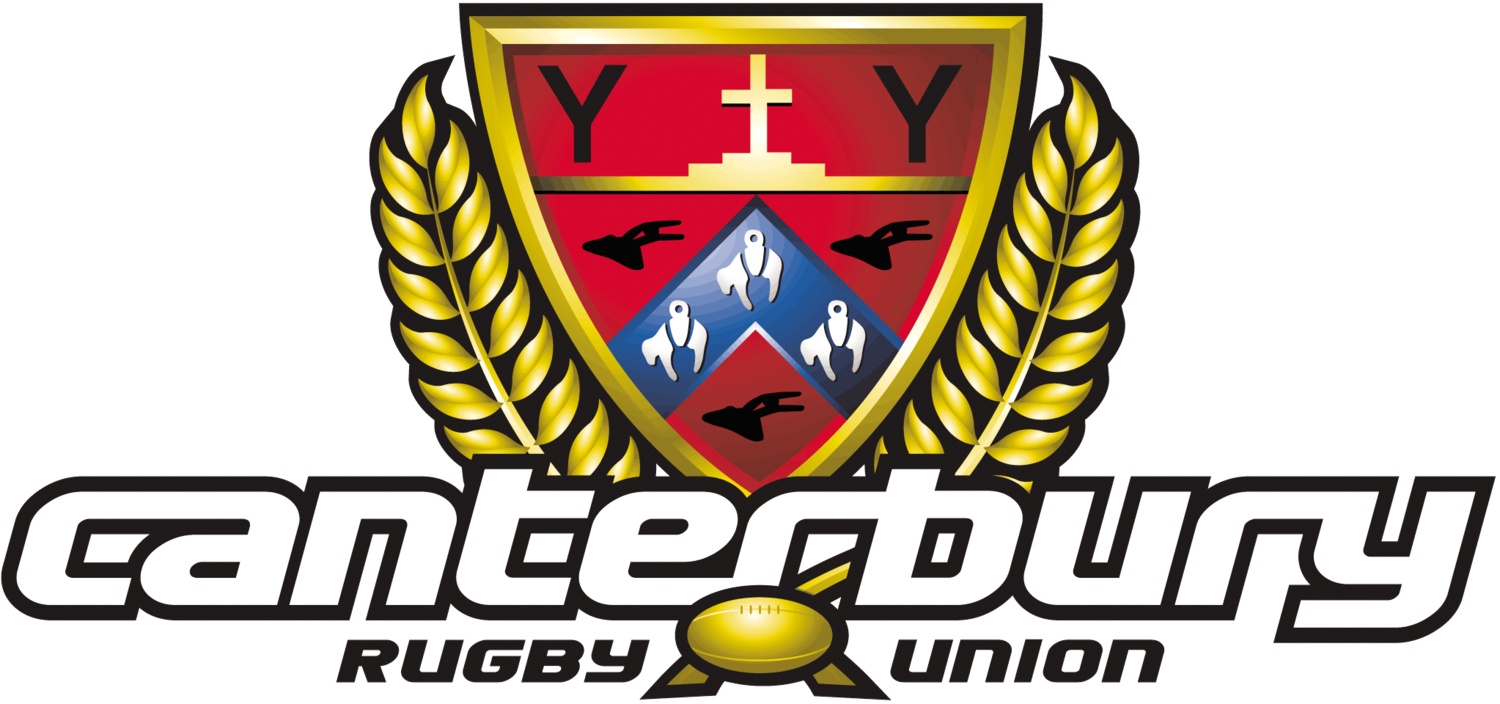
Junior & Teenage Development Strategy
Focus – Player & Coach Development
“Deliver a holistic representative experience to more junior players” Canterbury Rugby Strategic Plan 2022
Canterbury Rugby have been reviewing its development strategy for the last 12 months to come into line with the philosophies being put forward in teenage sport with a strong lead from Sport NZ. NZ Rugby have also undertaken its own review on what ages it sees development focus give way to Talent ID or High performance.
Programmes should be designed to:
Focus on delivering quality coaching to develop competence and confidence in core rugby skills to as many participants as possible.
Develop the holistic aspects to as many participants as possible from both a playing and personal attributes perspective.
Maximise the quality of experience for as many participants as possible through inclusive development opportunities and programme design and delivery.
NZR guidelines to high performance teams:
National level only at U17
Provincial level U15 and U16 under review by NZR
Provincial level not at U14 or below
Canterbury wide guidelines:
Provincial only at U16 and above
Provincial development camps at U14 and U15
Club and provincial union responsibility for development at U13 and below
2024 Programmes
Canterbury Under 15 Boy’s Development Programme (July 8th/9th)
Development camp covering Canterbury Rugby’s six pillars of Player Development
Self Nomination
Details will be posted here and communicated directly to eligible players, born in 2009
7s and Social Rip Competition (Year 11-13)
February 29th
March 7th
March 14th
Rip Module (Year 3-8, Boys & Girls)
March 14th & March 21st - Sign up now for one or both!
Registration Link https://shorturl.at/lpxCO
Rolleston Girls Intermediate Year 7-9 Festival (April 28th)
Registration link https://forms.office.com/r/sUJfYDN9KK?origin=lprLink
Girls Series (Year 3-8)
April 15th and 16th, 2-4pm
July 8th and 9th, 2-4pm
September 30th and October 1st, 2-4pm
U16 Girls (July 11th and 12th)
U18 Camp (April 18th and 19th)
U18 Girls Tournament (October 6th – 8th)
Kendra’s Tournament (July 7th and 8th)
Further rationale for change:
Canterbury ‘Representative Programmes’ vary across the Sub-Unions for Under 15 and below but are predominantly game based, with little emphasis on skill development. A review in 2017 identified ongoing issues with uneven results and trialing of children aged below 13. In 2018 the representative programme was altered to include more teams, however the results continued to vary, and trials continued in North Canterbury & Ellesmere.
There is considerable evidence that suggests competitive environments too early lead to what is called the double-edged sword of selection/de-selection. Those selected get too much exposure to intense competition and specialisation and eventually burn out, exiting the game. Those de-selected interpret that message that their time in the sport is over and exit the game. Up to the age of 14/15, there is a sport view that “Balance is Better” and it is only from that point that players should start singularly invest in a single sport. There is also research that shows players who are in Under 13 Representative teams are often not in Senior Representative teams, and many are not playing the sport at all.
The recommended programme would put in place a system that:
Focuses on skill development
Is age and stage appropriate
Provides coach development opportunities
Provides equal opportunities across the region
Sport NZ have done extensive research into athlete development and talent identification and identified three key myths around the development and identification of high performers:
Myth 1 - Early specialisation is good
Conventional wisdom is that the earlier athletes choose their sport and focus on it, the better. And there are examples that convince us that this is true. In fact, earlier is not necessarily better. Burn-out, over-use injuries and declining motivation: these are the more likely outcomes of early specialisation. What we now know is that when young people have diverse sporting experience’s they develop transferable skills, greater creativity and better decision-making capabilities.
Myth 2 - Childhood success leads to adult success
Conventional wisdom is that talent can be identified early. Again, this isn’t necessarily so. It’s true that some athletes’ gifts are obvious from childhood, but every athlete is different and progress is non-linear. Some only develop and emerge much later. What we now know is that how someone performs at a young age is not a reliable predictor of their future potential.
Myth 3 - Successful athletes focus on winning
Conventional wisdom is that you get what you think about, so think about winning. In fact, the most successful athletes, teams, coaches and administrators don’t focus on winning at all. Instead, they focus on their development: how well they perform. And they regard winning as an inevitable outcome of being the best they can be.


